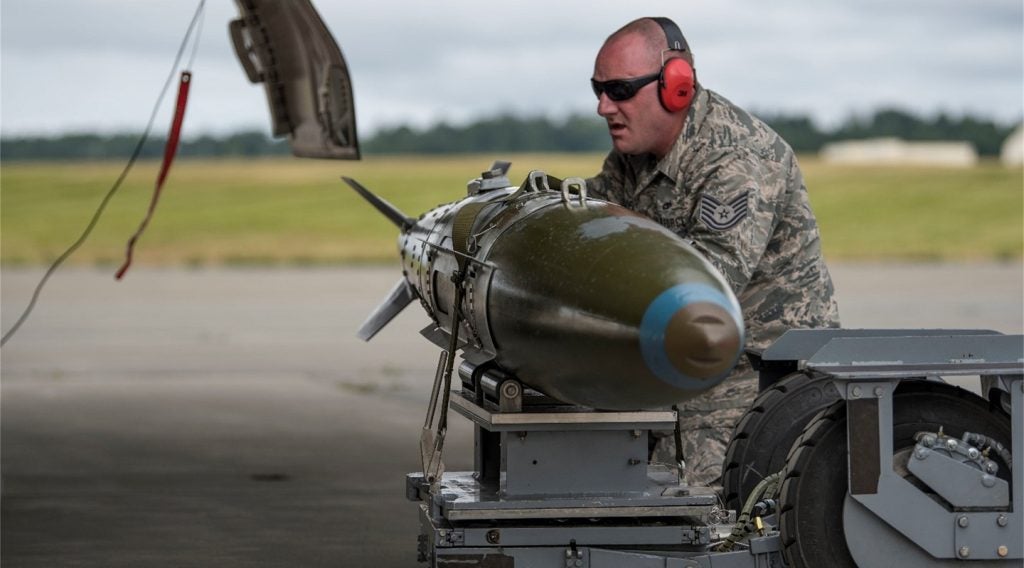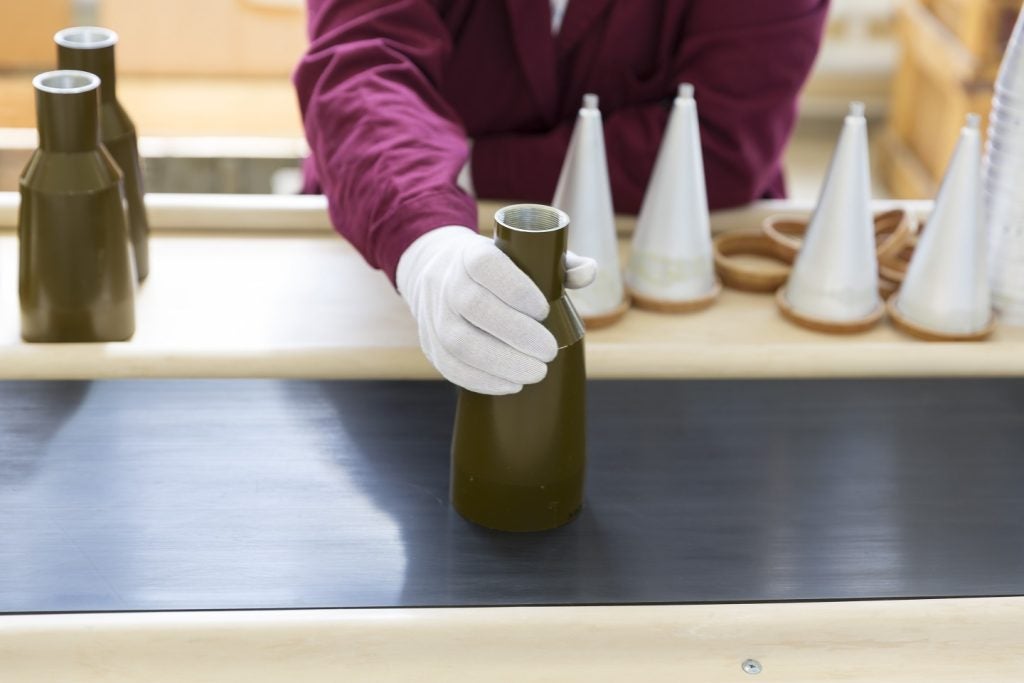Nasa and the US Air Force Office of Scientific Research (AFOSR) along with a senior graduate students have successfully launched a small rocket using a environmentally friendly rocket fuel.
The propellant comprised of aluminium powder and water ice is called ALICE and can be used for both flight on earth and in long-range space missions.
During testing, a 9ft rocket soared to a height of 1,300ft using ALICE during the test and achieved a thrust of 650lb.
The energetic propellant has a high burn rate and the potential to replace some liquid or solid propellants with the possibility of higher performance than conventional propellants when optimised.
ALICE has the consistency of toothpaste when prepared and can be fitted into moulds and cooled to -30°C, 24 hours before flight.
Purdue University researcher Dr Steven F Son said that ALICE can be improved with the addition of oxidisers and can become a potential solid rocket propellant on Earth.
How well do you really know your competitors?
Access the most comprehensive Company Profiles on the market, powered by GlobalData. Save hours of research. Gain competitive edge.

Thank you!
Your download email will arrive shortly
Not ready to buy yet? Download a free sample
We are confident about the unique quality of our Company Profiles. However, we want you to make the most beneficial decision for your business, so we offer a free sample that you can download by submitting the below form
By GlobalData“Theoretically, ALICE can be manufactured in distant places like the moon or Mars, instead of being transported to distant locations at high cost,” Son added.
The fuel was developed as a graduate project in a collaboration between Nasa, Purdue University and the Pennsylvania State University.







